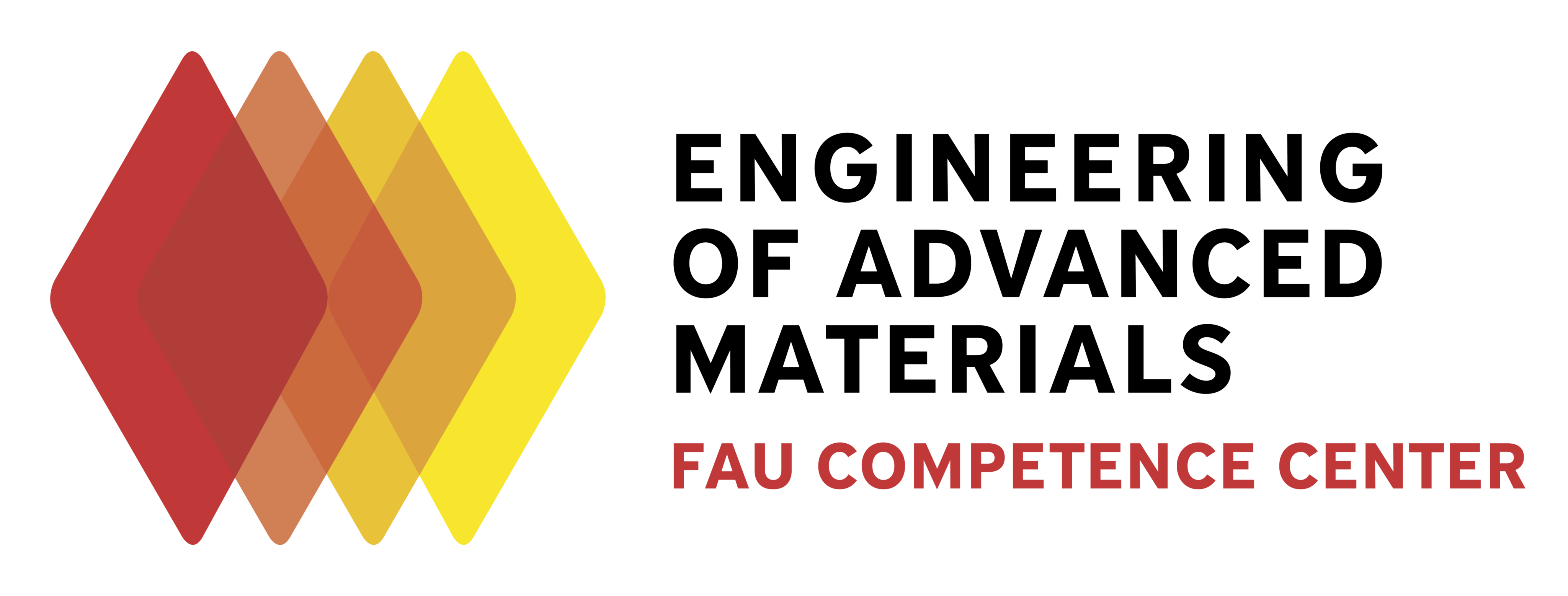GRK 2423 FRASCAL as program partner at ISAM4 2019
“The fourth International Symposium on Atomistic and Multiscale Modeling of Mechanics and Multiphysics” ISAM4 2019 which was co-organized by the co-spokesperson of FRASCAL, EAM Member Prof. Erik Bitzek, took place from 5th to 8th of August at Friedrich-Alexander Universität Erlangen-Nürnberg. In the beautiful ambience of the Wassersaal in the Orangerie exceptional emerging and experienced researchers from European and East Asian countries were brought together in order to discuss novel ideas and methods. The symposium was divided into several sessions, some of which dealt with the fracture behaviour of materials. These offered FRASCAL members the opportunity to present the results of their research. Tarakeshwar Lakshmipathy, doctoral researcher of project P2, presented his work about the “Influence of crack tip radius on fracture behaviour: an atomistic study”. Afterwards, S. Elmira Birang O. presented the latest development of project P10 in her talk “Configurational-force-driven crack propagation”. The creativity of the method presented here achieved great interest in the international participant field of ISAM4 2019. The last contribution of FRASCAL students belonged to Achraf Atila, associated doctoral researcher of project P2. In his talk “Atomistic study of mechanical and structural anisotropy of metaphosphate glasses,” he presented atomistic simulation aspects of amorphous materials. Dr. Laurent Ponson (Pierre et Marie Curie University, Paris, France) who is one of the three Mercator fellows of FRASCAL, was invited to present physical concepts and application of fracture toughness in his talk titled “Effective toughness of heterogeneous brittle solids: The effect of out-plane crack excursions”.
It was a good fortune that Laurent Ponson arrived in Erlangen a few days before the Symposium so he had plenty of time to talk in detail together with the FRASCAL doctoral researchers about their projects. The students benefited greatly from these fruitful discussions and constructive advice from the Mercator fellow. The new insights gained in their work certainly contribute to making rapid progress in further research.

